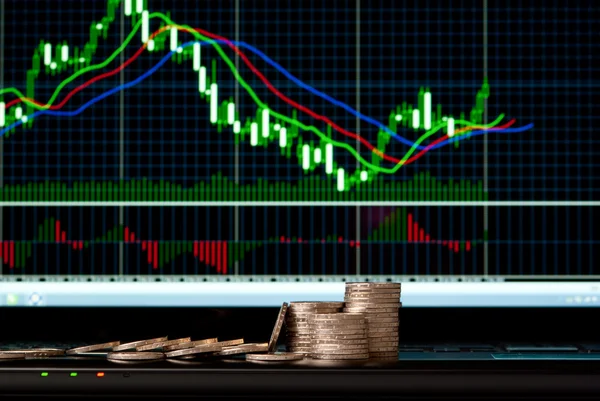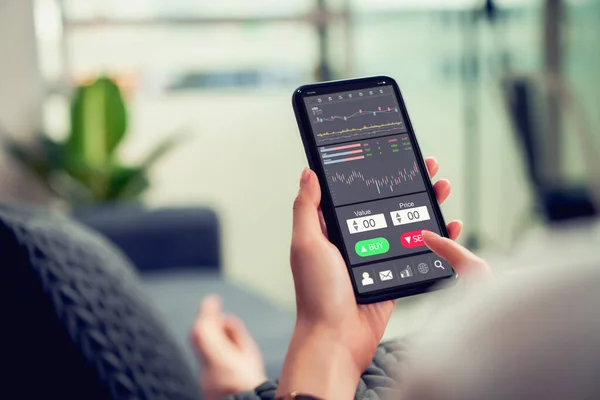Forex trading, also known as foreign exchange trading, is the largest financial market in the world. With trillions of dollars exchanged every day, it offers incredible opportunities for traders to profit from currency fluctuations. However, diving into the world of Forex can be daunting for beginners. This step-by-step guide will walk you through the process of trading in Forex, from understanding the market to placing your first trade.
Understanding the Forex Market

Before you start trading in Forex, it’s essential to understand how the market works. The Forex market is where currencies are bought and sold. Currencies are traded in pairs, such as EUR/USD or GBP/JPY, with each pair representing the exchange rate between two currencies. The market operates 24 hours a day, five days a week, across different time zones, making it a highly liquid and volatile market.
Setting Up Your Forex Trading Account

- The first step in trading Forex is to open a trading account with a reputable broker. Choose a broker that is regulated and offers competitive spreads and fees.
- Once you’ve selected a broker, you’ll need to provide some personal information and fund your account. Most brokers offer demo accounts for beginners to practice trading without risking real money.
Analyzing Forex Charts and Trends

To be successful in Forex trading, you need to learn how to analyze charts and identify trends. Technical analysis involves studying historical price data and using indicators to predict future price movements. Fundamental analysis, on the other hand, involves analyzing economic and geopolitical factors that can affect currency values. By combining both types of analysis, you can make informed trading decisions.
Placing Your First Forex Trade

Once you’ve analyzed the market and identified a trading opportunity, it’s time to place your first trade. Choose the currency pair you want to trade, enter the amount you want to trade, and decide whether to buy or sell. Set your stop-loss and take-profit levels to manage your risk. Keep an eye on the market as your trade progresses, and be prepared to adjust your strategy if necessary.
Managing Risk in Forex Trading

Risk management is crucial in Forex trading to protect your capital. Set a risk tolerance level and stick to it, only risking a small percentage of your account on each trade. Use stop-loss orders to limit your losses and take-profit orders to lock in profits. Diversify your trades across different currency pairs and never trade with money you can’t afford to lose.
Monitoring and Evaluating Your Trades

After you’ve placed a trade, it’s important to monitor its progress and evaluate its success. Keep track of your trades in a trading journal to analyze your performance over time. Review your trades regularly to identify what works and what doesn’t, and adjust your strategy accordingly. By continuously learning and improving your trading skills, you can increase your chances of success in the Forex market.
Trading in Forex can be a rewarding experience, but it requires dedication, patience, and a solid understanding of the market. By following this step-by-step guide and continuously educating yourself about Forex trading, you can improve your trading skills and increase your profitability. Remember to always trade responsibly and never risk more than you can afford to lose. Happy trading!

Forex trading sounds interesting but complicated. Good to know there are demo accounts for practice.
“Combining technical and fundamental analysis” seems like a smart strategy for better decisions.
I like that the Forex market operates 24/5. It gives flexibility to trade from different time zones.
I didn’t know Forex trading was so big! Trillions of dollars every day is amazing.
“Never trade with money you can’t afford to lose” is such an important advice for everyone.
This guide is helpful for beginners like me. I learned about currency pairs and the market.
Analyzing charts and trends seems crucial in Forex trading. I’ll need to study more about that.
“Monitor your trades” part is vital. Keeping a trading journal can really help improve skills.
Setting stop-loss and take-profit levels is important to manage risks in trading. Very useful tip!